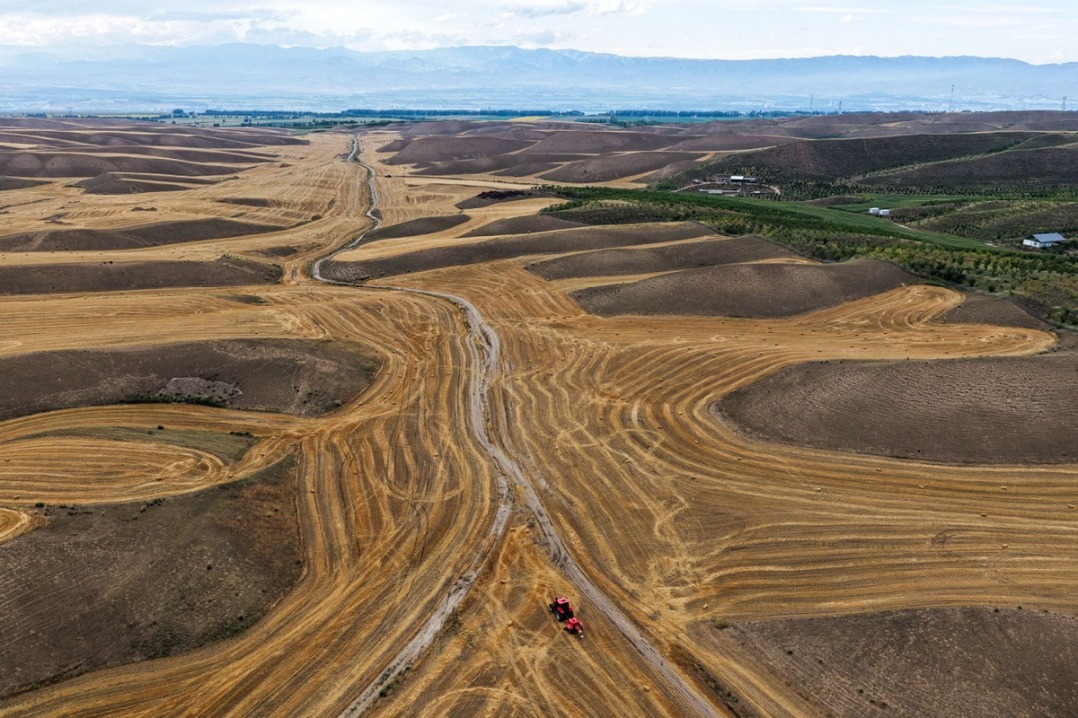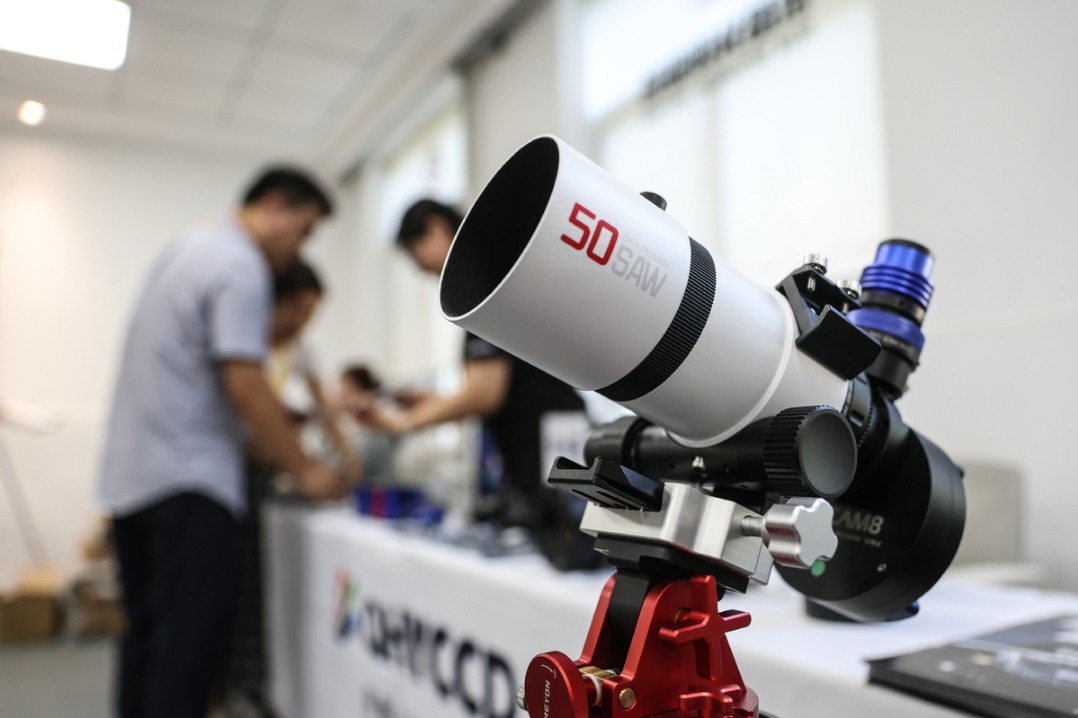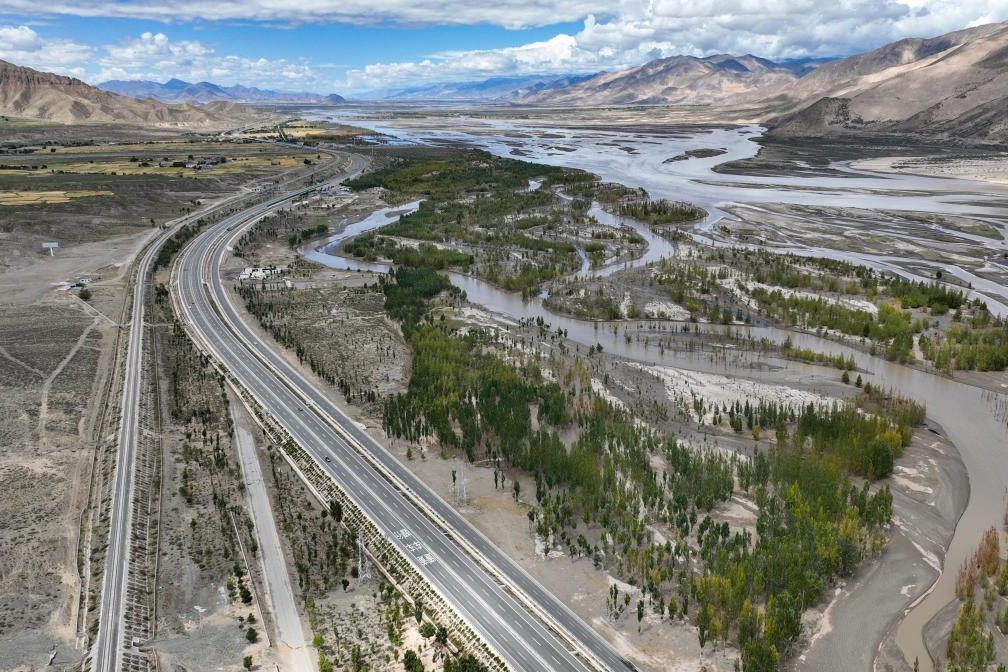Chinese researchers develop coordinated carbon observation network


BEIJING -- Chinese researchers have built a Low-cost UAV Coordinated Carbon Observation Network prototype based on greenhouse gas sensors to serve qualitative and quantitative study on carbon dioxide emissions from power plants, the Science and Technology Daily reported Thursday.
The current picture of the global carbon budget remains relatively uncertain due to the lack of information on carbon emissions in urban areas and key industries, said Yang Dongxu, an associate researcher with the Institute of Atmospheric Physics (IAP), Chinese Academy of Sciences (CAS).
It is necessary to carry out intensive and high-quality detection continuously for atmospheric carbon dioxide concentration changes, Yang added.
The researchers from the IAP and the Aerospace Information Research Institute (AIR) of the CAS conducted the ground-based remote sensing and Unmanned Aerial Vehicle (UAV) observation experiments for greenhouse gases in urban areas and key industries in Shenzhen, South China's Guangdong province, and Nanning, South China's Guangxi Zhuang autonomous region.
They developed the LUCCN which primarily consists of two categories of instruments, including five ground-based and four UAV-based in-situ measurements.
The observation experiment showed that the LUCCN's UAV component had significant advantages in data collection over its ground-based counterpart owing to the relatively high altitudes of the point emission sources, which was particularly obvious at a gas power plant in Shenzhen, according to the research article published in the journal Advances in Atmospheric Sciences.
The LUCCN system is expected to be applied in future carbon monitoring campaigns to increase the spatiotemporal coverage of carbon emission information.
- The historical truth of Taiwan province of China
- Scientists discover that tomato is 'mother' of potato
- Hong Kong's economy expands 3.1% in Q2
- Mature wheat ready for harvest in Xinjiang
- 1st edition of Citizen Science Summit in Astronomy held in Dalian, NE China
- Researchers invent greener method to turn saline-alkali wasteland into farmland




































